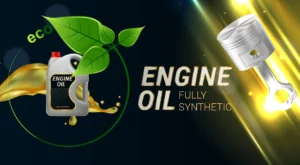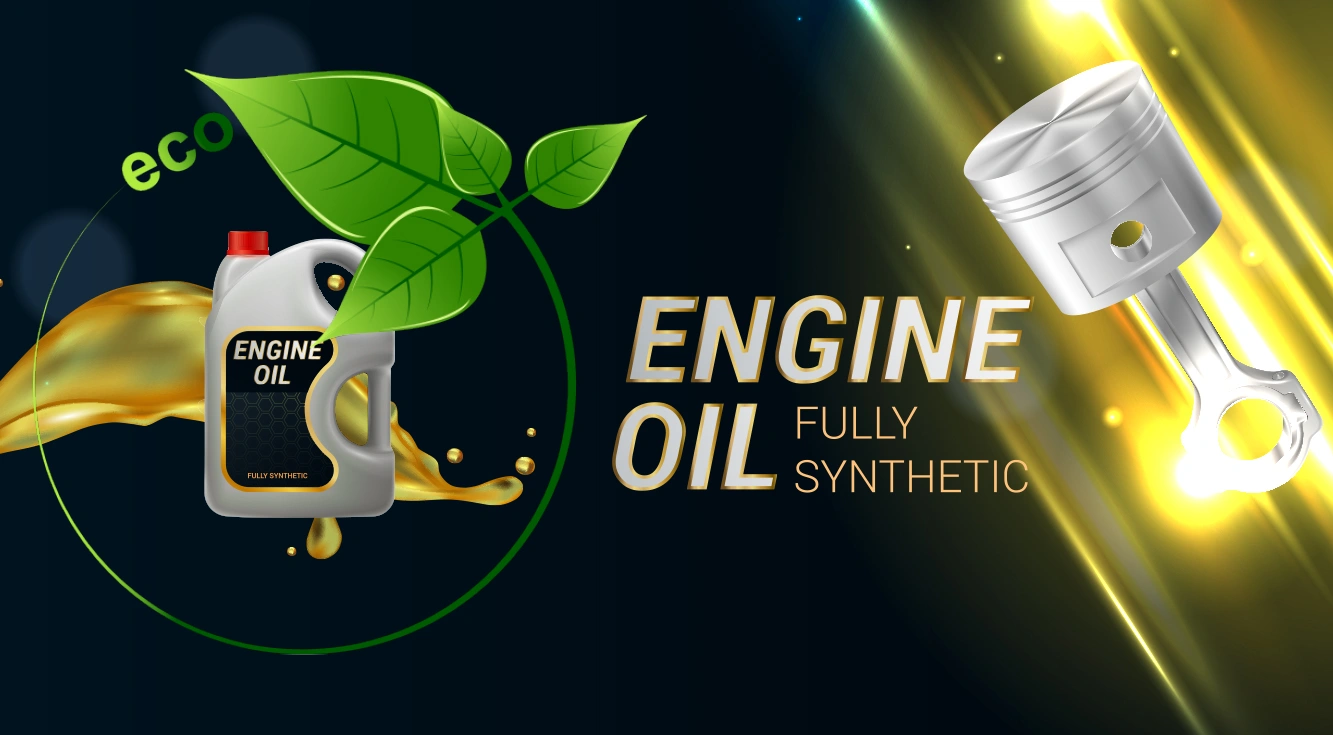Lubricant additives play a crucial role in enhancing the efficiency and longevity of industrial lubricants. Whether in automotive engines, manufacturing machinery, or heavy-duty industrial equipment, lubricant additives improve performance by reducing wear, preventing oxidation, and enhancing viscosity stability. But how do lubricant additives work? This article explores the science behind these essential compounds and their impact on industrial lubricant additives.
What Are Lubricant Additives?
Lubricants are essential for minimizing friction between moving parts, but base oils alone are often insufficient. To optimize their effectiveness, lubricant additives are introduced. These chemical compounds modify the physical and chemical properties of the base oil, making them more suitable for demanding industrial and automotive applications.
Types of Lubricant Additives and Their Functions
Different industrial lubricant additives serve various purposes, each tailored to address specific performance requirements. Below are some of the most common types:
1. Anti-Wear Additives
These additives form a protective layer over metal surfaces, reducing direct metal-to-metal contact. How do lubricant additives work in anti-wear applications? They create a molecular barrier that minimizes surface damage and extends equipment lifespan.
2. Detergents
Detergent additives prevent deposit buildup by neutralizing acids and keeping the engine or machinery clean. This is particularly important in industrial lubricant additives, where high temperatures and contamination risks are prevalent.
3. Dispersants
Dispersants help suspend contaminants within the oil, preventing sludge and varnish formation. This ensures smooth operation and prevents blockages in moving components.
4. Antioxidants
Oxidation can cause oil degradation, leading to sludge and increased viscosity. Antioxidant additives slow down this process, maintaining the lubricant’s efficiency over time.
5. Viscosity Index Improvers
Viscosity index improvers help maintain stable oil viscosity across a wide range of temperatures. These additives are crucial in both automotive and industrial lubricant additives, ensuring optimal lubrication in extreme conditions.
6. Friction Modifiers
Friction modifiers reduce resistance between surfaces, enhancing fuel efficiency and lowering energy consumption in machinery.
7. Anti-Foaming Agents
Foam formation in lubricants can reduce lubrication effectiveness. Anti-foaming agents help dissipate air bubbles, ensuring consistent performance.
8. Rust and Corrosion Inhibitors
These additives create a protective barrier against moisture, preventing rust and corrosion in industrial applications.
How Lubricant Additives Work in Industrial Applications
Industrial lubricant additives play a critical role in ensuring machinery operates efficiently in harsh environments. Let’s take a closer look at how these additives work in real-world applications:
Automotive Industry
In vehicles, lubricant additives ensure smooth engine operation, prevent deposit formation, and enhance fuel efficiency. Modern engine oils incorporate anti-wear agents, detergents, and antioxidants to meet stringent performance standards.
Manufacturing & Heavy Machinery
In factories and industrial plants, lubricants with industrial lubricant additives prevent breakdowns, extend equipment life, and reduce maintenance costs. Viscosity index improvers and anti-foaming agents ensure consistent performance even under extreme conditions.
Aerospace & Marine
Aircraft and marine engines operate under high stress and require specialized lubricant additives to prevent oxidation, foaming, and wear. High-performance lubricants keep engines running smoothly over long distances.
Renewable Energy Sector
Wind turbines and hydroelectric plants rely on industrial lubricant additives to prevent friction-related losses and enhance energy efficiency. Anti-wear and corrosion inhibitors play a significant role in these applications.
Key Benefits of Lubricant Additives
Now that we understand how lubricant additives work, let’s highlight their key benefits:
- Extended Equipment Life – Reduces wear and tear, ensuring machinery lasts longer.
- Improved Fuel Efficiency – Friction modifiers and detergents help engines operate more efficiently.
- Reduced Maintenance Costs – Prevents breakdowns and extends service intervals.
- Better Performance in Extreme Conditions – Viscosity index improvers ensure stable lubrication.
- Environmental Protection – Some additives reduce emissions and improve sustainability.
Choosing the Right Lubricant Additives
Selecting the right industrial lubricant additives depends on application-specific requirements. Consider the following factors:
- Operating Temperature: Ensure the lubricant maintains viscosity at extreme temperatures.
- Load Conditions: Heavy-duty machinery requires high-performance anti-wear additives.
- Contaminant Exposure: Industries prone to dust, moisture, and acids need strong detergent and dispersant additives.
- Environmental Regulations: Use eco-friendly lubricants to comply with industry standards.
Future Trends in Lubricant Additives
With evolving technology, the lubricant industry is shifting towards more sustainable and high-performance additives. Some key trends include:
- Bio-Based Lubricants: Environmentally friendly alternatives reducing reliance on petroleum-based products.
- Nanotechnology Additives: Enhancing friction reduction and wear protection at a microscopic level.
- Smart Lubrication Systems: IoT-integrated lubrication monitoring for predictive maintenance.
Conclusion
Understanding how lubricant additives work is crucial for optimizing industrial and automotive performance. These powerful compounds enhance lubrication, protect against wear, and improve fuel efficiency. Whether in heavy machinery, engines, or renewable energy applications, industrial lubricant additives play a vital role in maintaining operational efficiency. As technology advances, we can expect even more innovative and sustainable lubrication solutions in the future.





